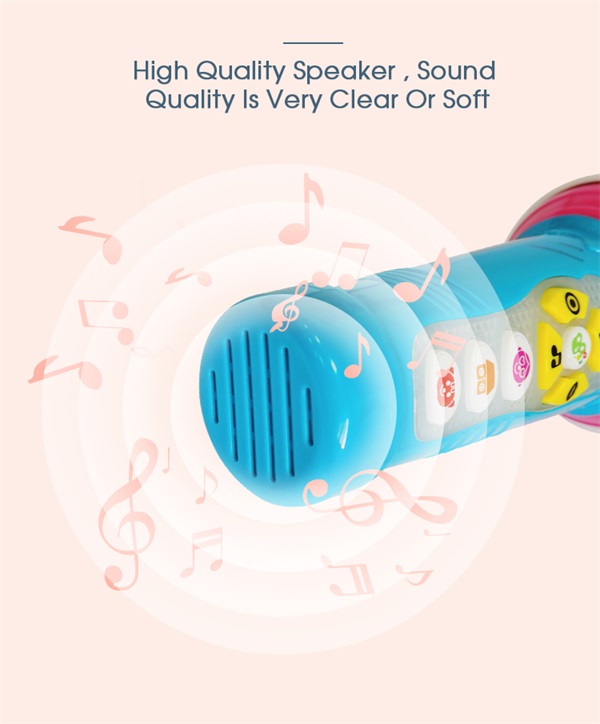Thanks for contacting us. We've received your submission.
When stay-at-home mom Gabrielle Flores’ three kids rush out of bed Christmas morning, there won’t be a sea of gifts awaiting them under the family’s decorated holiday tree. Audio Book

It’s not because they’ve been naughty — or that she and her husband Carlos, an airline pilot, can’t afford to treat their tots, who range in age from 8 months to 7-years-old.
Rather, Flores is one of the thousands of moms on TikTok who’ve placed a ban on gifting their children trendy toys and “tangible” presents this Christmas.
“At the end of the day, it’s all just junk,” the 34-year-old Los Angeleno told The Post. “I don’t stress about buying Christmas gifts or toys for my kids. The holiday can still be magical without [those things].”
In October, she shared a TikTok post entitled “No toys for Christmas,” explaining that she’s instructed close friends and family members to gift her little ones practical items or educational excursions — such as socks, trips to a local museum or tickets to a college sporting event.
To Flores and the more than 27,000 moms under the trending hashtag #NoChristmasGifts, costly playthings and high-tech trinkets such as a trendy Rainbow High fashion doll or the viral Fisher-Price DJ Bouncin’ Beats musical toy are wastes of time and money — and likely to send their kids into a frenzied meltdown. And so they’re taking to social media to wage war on what they see as a glut of worthless materialism.
“We prefer that our kids enjoy a valuable experience for Christmas rather than a bunch of toys that they may or may not play with or appreciate,” Flores said.
Still, she admitted that her tykes are having a “really hard time” understanding what a holiday without a bonanza of presents will look like. Her 7-year-old daughter was particularly apprehensive about her mom’s new policy.
“She’s asked, ‘Well, why can’t we get this toy or that toy? But we remind her to be happy with what she already has, and that instead of toys we can plan trips like going skiing in Big Bear or … to Disneyland.”
Similarly, Alexandra LaPointe, 28, a mom of two from Indianapolis, scored more than 19,900 TikTok views on her virtual bulletin demanding “experiences only” Christmas gifts for her two kids, Ali, 3, and Luka, 2.
She told The Post that her little ones threw vicious temper tantrums after becoming overwhelmed and overstimulated by the dozens of novelties that flooded their living room last year. So, to avoid a reprise of their meltdowns, she and husband Nathan are limiting their gifts to outdoor family fun.
“This year we’re gifting them memberships to weekly music classes and we’re going to the state museum to see the Christmas lights with my in-laws,” said LaPointe. “My kids don’t need any more toys or [pointless] gifts.”
Kierstan Wise-Travis, 28, a mother of two from Columbus, Ohio, and Hannah Crago, 26, a mom of one from Pittsburgh, also took to TikTok to protest material gifts for their children this Christmas. Both moms told The Post that experiences like a day at a trampoline park or a family outing to the zoo possess more sentimental and developmental value for their children than a gaming system or an action figure.
Social-media mamas aren’t the only ones taking a stand. Actress and talk show host Drew Barrymore, 47, confessed that she, too, abstains from lavishing Christmas presents on her daughters Frankie, 8, and Olive, 10.
“I always take them on a trip every Christmas,” the “Charlie’s Angels” star told “Entertainment Tonight.” “I don’t get them presents, which I think at their ages they don’t love, but I say, ‘I think we’ll remember the place and the photos and the experience and that’s what I want to give you.’ ”
But while parents hope to make merry, meaningful memories with their kids, the feelings might not be mutual. According to a September 2020 study led by a University of Illinois at Chicago researcher, kids 12 and under prefer presents over escapades.
“Children ages 3 to 12 derive more happiness from goods than from experiences,” the research states. “Goods are much more concrete and require less reasoning about intention or mental states compared to experiences.” However, the study went on to note that as kids grow older, the happiness they derive from experiences does increase.
Flores isn’t too concerned that her little ones will feel left out Dec. 25.
“This generation of kids isn’t as focused on toys as we were. They’re not bragging about what they got for Christmas,” she said.

Sound Chips “And my daughter is very confident, so if a kid does say something [about a toy or present they received], I don’t think it will bother her that much.”